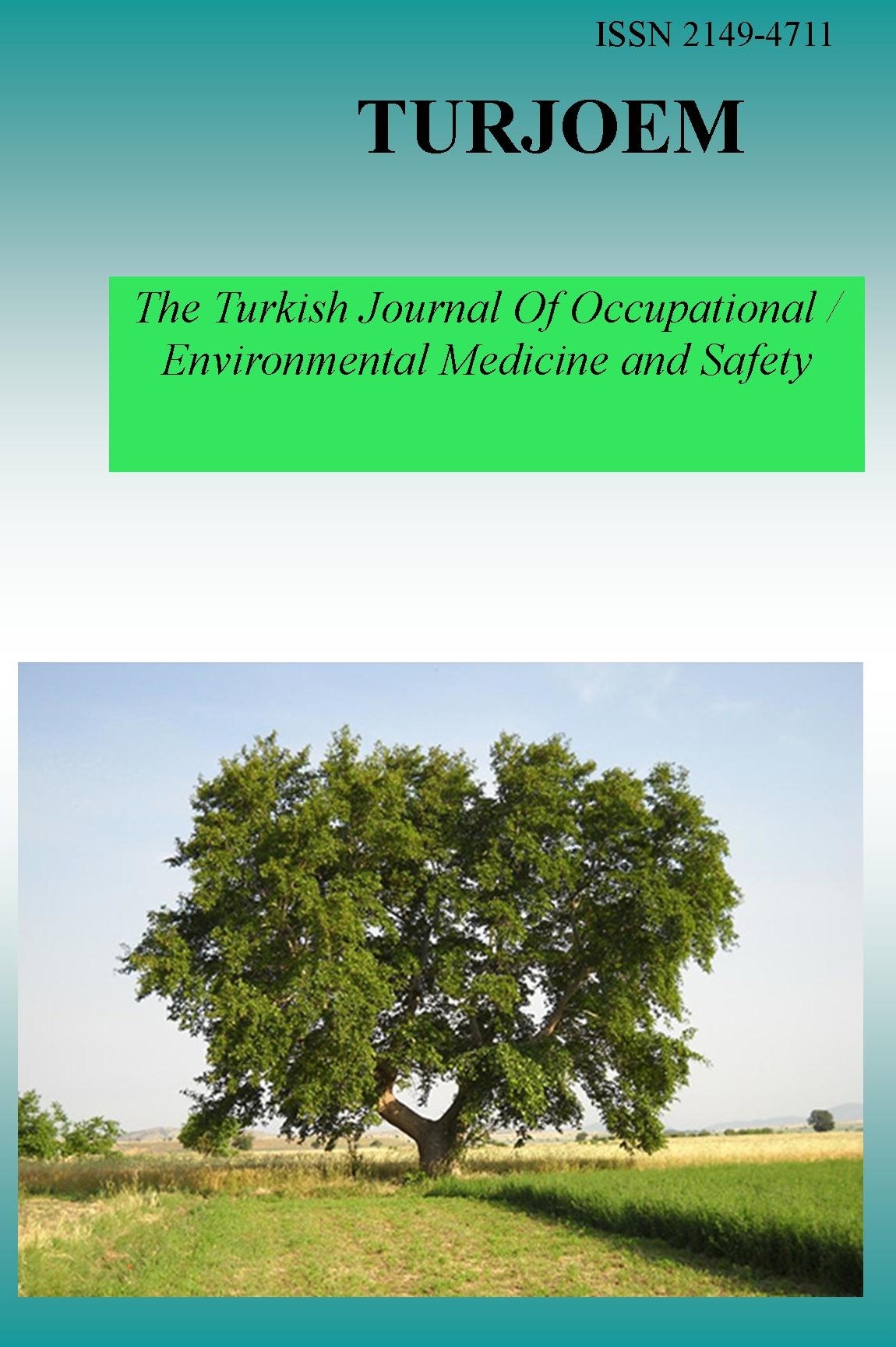The effect of climate change on wetlands and the situation of wetlands in Turkey
The effect of climate change on wetlands and the situation of wetlands in Turkey
___
- 1. Li, X., Deng, X., Huang, S. Evolution of land use policies and its effects on wetlands change in Tianjin Binhai New Area, China. Procedia Environmental Sciences. 2010; 2:945-952. 2. Çalışkan, V. Amik Ovası ve Amik Gölü: Bir Sulak Alanı Kurutma Deneyiminin Günümüze Ulaşan Etkileri. Türk Coğrafya Dergisi. 2003; 41:97-125. 3. Yaşar Korkanç, S. Sulak Alanların Havza Sistemi İçindeki Yeri. ZKÜ Bartın Orman Fakültesi Dergisi. 2004; 6(6):117-126. 4. Timur, Ö.B. Avlan Gölü Örneğinde Islak Alan Kurutma Girişimlerinin Peyzaj Değerleri Üzerine Etkilerinin İrdelenmesi Üzerine Bir Araştırma. Ankara Üniversitesi, Fen Bilimleri Enstitüsü, Yüksek Lisans Tezi, Ankara. 2007;90 p. 5. Gündoğdu, V., Torusdağ, E., Sarıkaya, D. İzmir Kuş Cenneti Sulak Alanın Ekolojik Yapısı ve Su Kirliliği İzleme Çalışması. Ekoloji. 2005; 14(54):31-36. 6. Yücel, M. Doğa Koruma Çukurova Üniversitesi, Ç.Ü. Ziraat Fakültesi Genel Yayını:85, Ders Kitabı:2. Adana. 2010; 430 p. 7. Sülük, K., Nural, S., Tosun, İ. Sulak Alanlarda Halkın Çevre Bilincinin Değerlendirilmesi: Işıklı Gölü Örneği. European Journal of Science and Technology. 2013; 1(1):7-11. 8. Yavuz, L.. Çevre Açısından Sulak Alanların Önemi. Türkiye Barolar Birliği Dergisi. 1995; 1:80-86. 9. Arı, Y. Ramsar Sözleşmesi’nin Doğa Koruma Yaklaşımına Eleştirel Bir Bakış. Doğu Coğrafya Dergisi. 2006; 11(15):275-302.
- ISSN: 2149-4711
- Başlangıç: 2015
- Yayıncı: Engin TUTKUN
Management of Wastewater of Settlement Areas in Potable Water Basins Within Tekirdağ Province
Şafak BAŞA, Sema KURT, Emine YASAVUL, Ayşen UÇAR
Sustainable Water and Wastewater Management in Hospitals
Furkan ÖZOĞLU, Emine İremnur TOPBAŞ, Cevriye Ceyda KOLAYLI, Atakan ŞENGÖR, Amine Zümra HACIKÖLEOĞLU, Murat TOPBAŞ
Water tank usage in building sites in Turkey: An internet-based study with civil engineers
Vedat TOĞAN, Hasan Basri BAŞAĞA, Tayfun DEDE, Cevriye Ceyda Kolaylı, Kübra Şahin, Murat Topbaş
THE EFFECT OF THE AMOUNT AND QUALITY OF POTABLE WATER ON DAIRY CATTLE
Vildan Doğan Koçbeker, Yılmaz Bahtiyarca
THE IMPACTS OF GLOBAL CLIMATE CHANGE ON TURKEY
Mustafa Fatih HAYIRLIOĞLU, Numan Emre GÜMÜŞ
Özge GÜNDOĞDU GÜNGÖR, Burcu ASLANER, Fatih Sultan KAZDAL, Ayfer KINA, Necla ERDİ, Gülcan TURAN, Gani ORHAN, BÜŞRA SARIM
Burak ÖZTÜRK, Özkan KÜÇÜK, İrem DÜZDAR, Yusuf Serhat ALTINBİLEK
Drınkıng Water And Wastewater Treatment Facılıtıes And Trabzon Sample For Communıty Health
